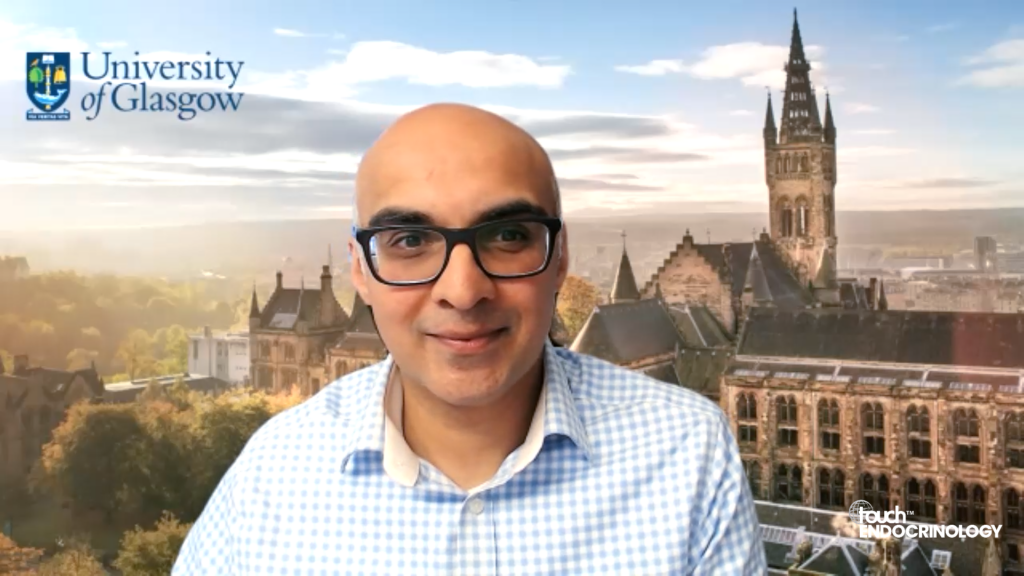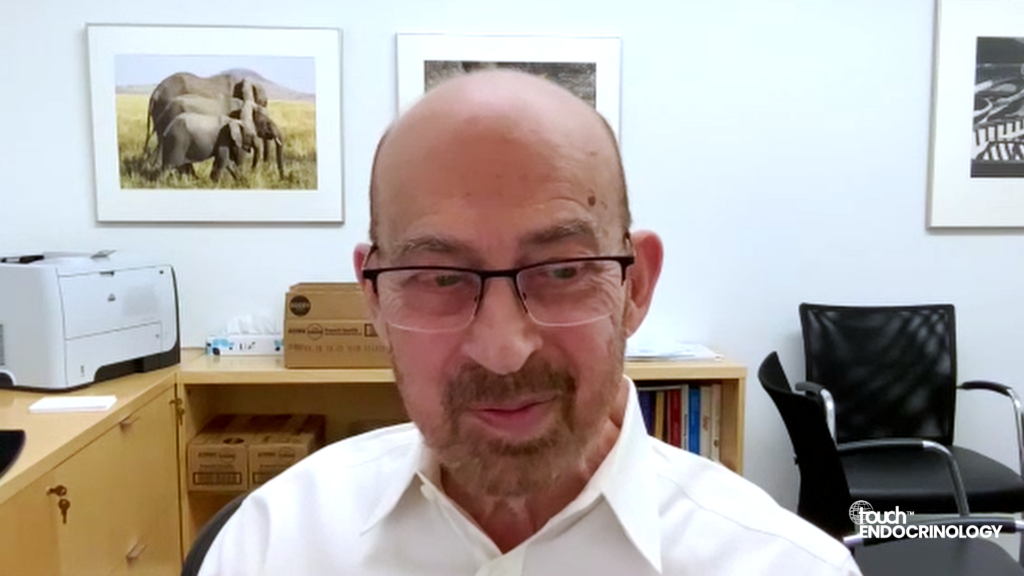What is one of the greatest achievements in diabetes care?
In my opinion, the growing role of the primary care physician in diabetes care in many parts of the world is a major achievement. Effective diabetes care for the vast majority of people with type 2 diabetes worldwide should be as close to their homes as possible, as cheap as possible and with diabetes therapy and education as clear and simple as possible.
What are your highlights of 2019?
Until this year, the ADA and EASD stated that treating hyperglycaemia could be less stringent in people with diabetes and established cardiovascular disease. There was no effective treatment options for this category of patients but this changed in 2019! The evidence of the effectiveness and safety of glucagon-like peptide-1 receptor agonists and sodium-glucose cotransporter 2 inhibitors in people with established cardiovascular disease was released in 2019, and these medications can be really helpful.
What have been the major breakthroughs and data this year?
One major breakthrough is the large amount of cardiovascular outcome trials published in one year, with so many positive results. Another is the cardiovascular safety of glimepiride compared to linagliptide. Now we have two safe sulfonylurea, gliclazide and glimepiride.
How will these impact the future?
Many people with type 2 diabetes and established cardiovascular disease will have glucagon-like peptide-1 receptor agonists and sodium-glucose cotransporter 2 inhibitors prescribed, taking into account their renal function. I hope that physicians will prioritise prescribing gliclazide and glimepiride over other sulfonylureas that are less well documented, or cause more hypoglycaemia.
What are the current hottest topics, and what do you hope to see in 2020?
The EASD and ADA emphasise the need for person-centred diabetes care, which is different to personalised care! Person-centred care goes beyond a strict biomedical perspective. It takes the patient context into account, which is essential if a healthcare provider wants to support a patient with a chronic disease like diabetes. Treating HbA1c, blood pressure and lipids without shared decision-making should be regarded as old fashioned and the diabetes community should consider person-centred care as state-of-the-art.
Support: No funding was received in the publication of this Insight article.
Published: 20 December 2019













